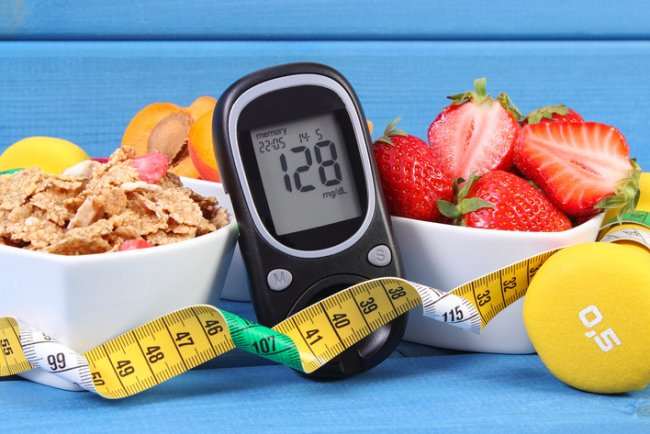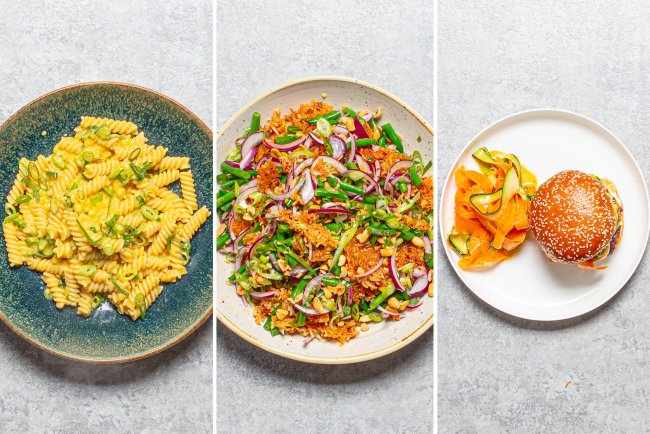Alcohol and Your Health: Is None Really Better Than a Little?
The relationship between alcohol and health is slippery like a glass of wine balanced on the arm of a couch. For decades, research has seesawed between suggesting that light drinking might offer surprising health perks and warning that any alcohol, no matter how little, carries risks. So, which is it: is a nightly glass of red wine a secret tonic, or should we all be toasting with sparkling water instead?

The answer, like most things in medicine (and life), is more complicated than a simple “yes” or “no.”
Too Much vs. Just Enough: The Double-Edged Sword of Drinking
We all know that excessive drinking is bad news for liver disease, car accidents, certain cancers, and a laundry list of health issues prove that point well enough. But the real intrigue lies at the other end of the spectrum: does a little alcohol offer health benefits compared to total abstinence?
The tricky part is definition. In the U.S., a “standard drink” equals 14 grams of alcohol the amount in a 12-ounce beer, a 5-ounce glass of wine, or a 1.5-ounce shot of liquor. Other countries measure differently, which means studies often don’t line up perfectly.
And those studies? They don’t always agree.
What the Research Actually Shows

A 2018 PLOS Medicine study found that older adults who had one to four drinks per week actually lived slightly longer than those who drank nothing at all.
Two massive studies in The Lancet challenged the long-accepted idea of “moderate” drinking (one drink per day for women, two for men). Their data suggested that even this so-called moderate intake might be too much. In fact, when researchers looked at global trends across nearly 200 countries, they concluded bluntly: the safest level of drinking is none.
The Numbers Behind the Warnings:
Alcohol was the 7th leading cause of death and disability worldwide in 2016, contributing to 2.8 million deaths.
For people ages 15–49, it was the top risk factor for death and disability, fueling issues like road injuries, tuberculosis, and self-harm.
Among older adults, alcohol-linked cancers were the leading cause of alcohol-related deaths.
Still, the data also showed small protective effects: less than one drink per day was linked with a slightly lower risk of heart attack and diabetes in some groups.
This duality explains the confusion. A little alcohol might lower heart disease risk for some, but it raises cancer risk for all.
A Different Way to Look at It
One way to interpret these findings is not to see “none” as automatically better than “a little.” Instead, think of it this way: at very low levels, say, less than one drink per day, the risks and benefits are almost neck-and-neck. For some people, abstinence may not be healthier than very light drinking.
But studies also deal in averages, not individuals. Factors like genetics, medical history, gender, and lifestyle mean alcohol may affect you differently than it does your neighbor.
But Is Zero Realistic?

Even if research declares “zero alcohol” the healthiest choice, let’s be honest: that’s not going to happen for most people. Alcohol is woven into human culture used in religious ceremonies, celebratory toasts, and everyday dinners with friends. It lowers inhibitions, sparks conversation, and brings joy to countless social moments.
And as many experts point out, most people “get away” with moderate drinking without dire consequences. It’s not unlike driving: technically, there’s no perfectly safe level of driving, yet society doesn’t recommend we all stay off the roads.
So, Should You Stop Drinking?
Here’s the takeaway:
If you don’t drink, there’s no compelling reason to start for health’s sake. Alcohol isn’t medicine.
If you enjoy an occasional drink, do so responsibly. Light drinking (a few drinks per week) is unlikely to harm most healthy adults.
If you struggle with alcohol or have health conditions worsened by it, abstinence is almost always the safest path.
At the end of the day, it’s not about chasing the “perfect” number of drinks per week it’s about making choices that balance enjoyment, safety, and long-term health. For some, that means none. For others, it means savoring a glass of wine without guilt.
What's Your Reaction?




















